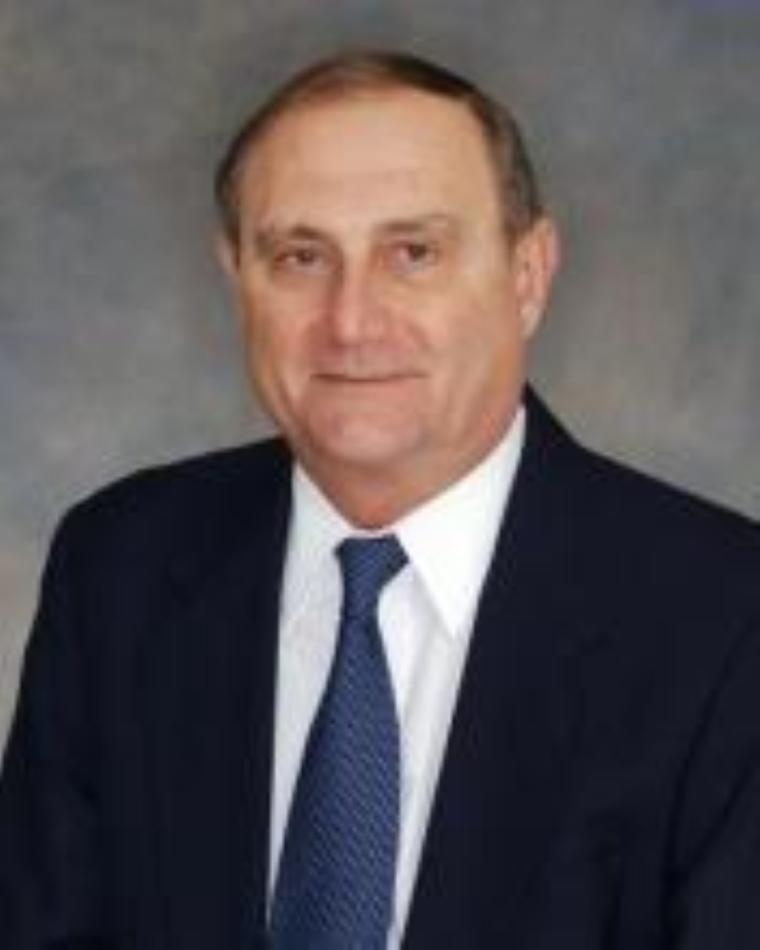
George T. Schmidt
George T. Schmidt
Contact Menu
George Schmidt received his SB and SM degrees in Aeronautics and Astronautics and his ScD in Instrumentation from MIT. He is an IEEE Life Fellow and an American Institute of Aeronautics and Astronautics (AIAA) Fellow. He has served on the AESS Board of Governors as VP Member Services and VP Technical Operations. As an AESS Distinguished Lecturer, he has lectured and visited chapters around the globe.
Beginning in 1961 he spent his entire career at the MIT Instrumentation Laboratory which later became the Draper Laboratory, Cambridge, Massachusetts. His final position before retiring (2007) was as the Draper Director of Education. Prior to that position he was the Leader of the Guidance and Navigation Division and Director of the Draper Guidance Technology Center. He made an initial original contribution in the first application of Kalman filtering to the prelaunch alignment/calibration of the Apollo GN&C System which was used throughout the Apollo program in the laboratories and launch pads. The technique is now used in virtually all inertial systems prior to starting their mission. Later he developed the original motion compensation requirements for an electronically agile radar (EAR) operating in a synthetic aperture radar (SAR) mode in a maneuvering aircraft. He worked on modifying an existing USAF inertial system to integrate with an EAR during successful B-52 flight tests. Many military high-resolution radars, such as the B-1B, now have a motion compensated SAR mode. Then, he led a USAF study that defined the cruise missile carrier navigation system requirements for future strategic aircraft. Many of the recommendations were later implemented in the B-2 aircraft and in the Advanced Cruise Missile AGM129A. He then developed highly successful relative navigation and targeting techniques for GPS/INS that were adopted by civilian and military users. All these contributions are documented in seminal papers and reports.
He was a member of several important US government study teams, including the influential Defense Science Board Task Force on GPS that helped define GPSIII. Since 1968, he participated in the Panels of the NATO Science and Technology Organization (STO), formerly AGARD. This included several recent Lecture Series dealing with inertial, GPS, and integrated navigation systems in denied and degraded environments. In 2005, he received the STO’s highest technical award, the von Kármán Medal.
In 2013, he retired after 17 years as Editor-in-Chief of the AIAA Journal of Guidance, Control, and Dynamics. He managed the peer review of more than 6500 papers in a period of unprecedented growth for the journal and its consistent ranking as the number one journal in its specialty area. In 2001, he received the AIAA International Cooperation Award.
For many years he was a Lecturer in Aeronautics and Astronautics at MIT teaching estimation, control, and navigation, retiring in 2010. He is author or contributing author of more than 100 technical papers, reports, encyclopedia articles, books, and a plenary speaker at multiple international conferences.
- 2023-Present Board of Governor Member-at-Large (BoG)
- 2024-2024 Conferences Committee Member (Conferences Committee)
- 2023-2024 Board of Governor Member-at-Large (BoG)
- 2021-2024 Technical Operations Committee Member (Technical Operations Committee)
- 2021-2023 IEEE AESS Technical Panel of the Year Award Selection Committee Member (IEEE AESS Technical Panel of the Year Award Selection Committee)
- 2021-2023 Fellows Search Committee Chair (Fellows Search Committee)
- 2020-2023 IEEE AESS Early Career Award Selection Committee Chair (IEEE AESS Early Career Award Selection Committee)
- 2020-2022 Board of Governor Member-at-Large (BoG)
- 2018-2020 Vice President Technical Operations (Officers)
- 2018-2020 Vice President Technical Operations (Technical Operations Committee)
- 2018-2020 Vice President Technical Operations (Systems Magazine Editorial Board)
- 2018-2019 IEEE AESS Technical Panel of the Year Award Selection Committee Chair (IEEE AESS Technical Panel of the Year Award Selection Committee)
- 2016-2018 Board of Governor Member-at-Large (BoG)
- 2014-2016 Vice President Member Services (Officers)
- 2014-2016 Vice President Member Services (Member Services Committee)
- 2013-2015 Board of Governor Member-at-Large (BoG)
- 2012-2022 Distinguished Lecturer
